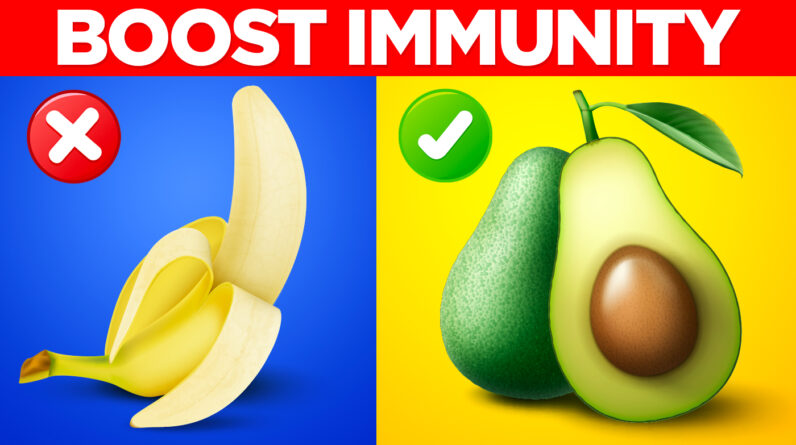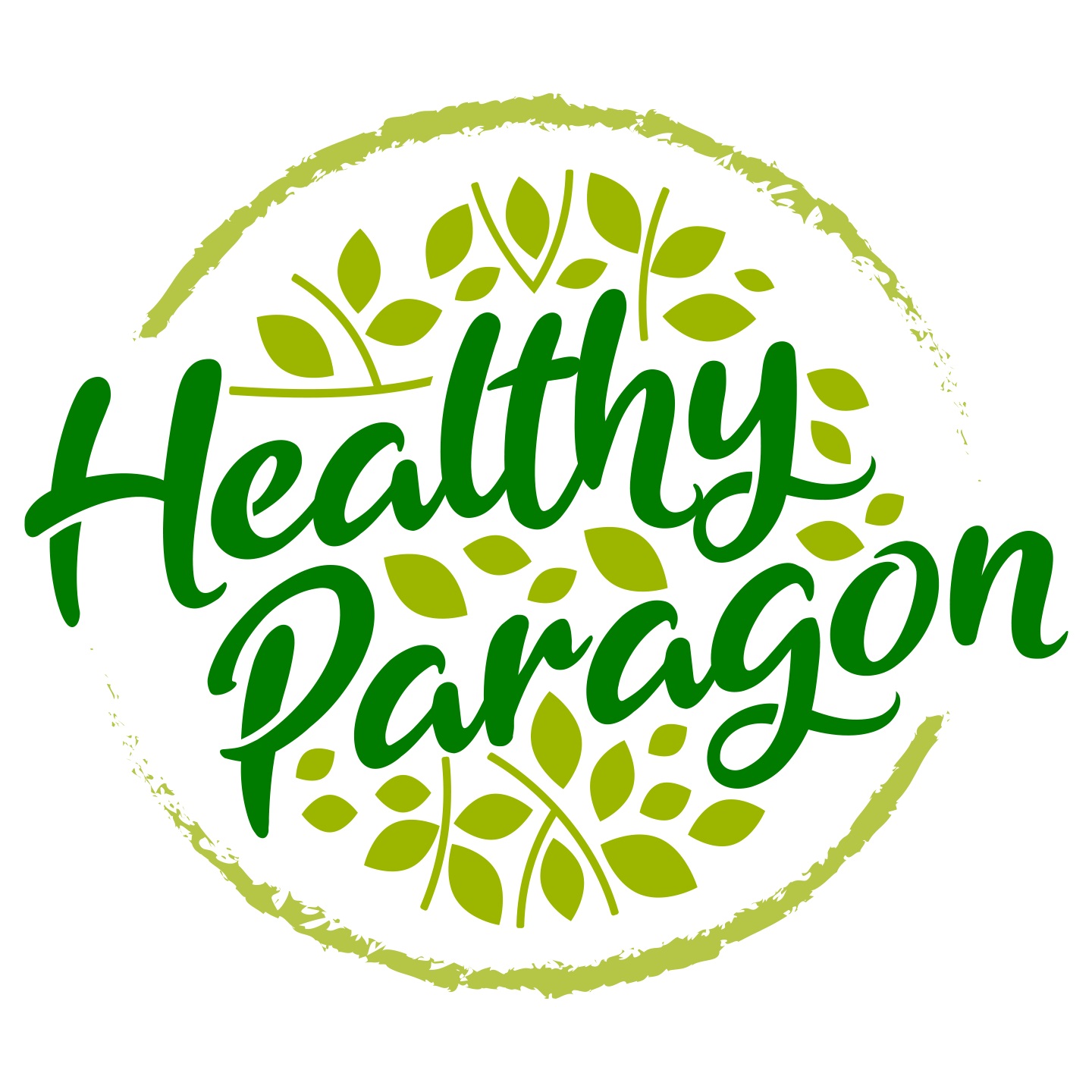
Why the Immune System is so important
Of all the riches in the world, our health is the most valuable. The medical world advancements have made it easier for us to fight sickness and live a healthy life. However, we all can take certain precautions which will help us avoid the hassle of medication. The most important factor of a healthy lifestyle is eating healthy foods. This is why we show you today the top 10 foods to boost your immune system.
1. Kiwis
In 10th place we have kiwis. Kiwis are very healthy and especially rich in vitamin C. In fact, just 1 cup of kiwi provides more than the daily recommended amount. Vitamin C is an antioxidant that protects your body from free radicals. Free radicals are harmful molecules that can contribute to diseases like cancer and heart disease. But vitamin C isn’t the only reason kiwis are so special when it comes to your immune defenses. Kiwis are packed with many minerals, making them one of the most nutritious fruits you can eat. They are also high in fiber and contain a digestive enzyme that helps your body better absorb all those nutrients. The low glycemic index even helps regulate blood sugar. All in all, kiwi is a true superfood and can contribute to your overall health in many ways.
2. Green Tea
Green tea is more than just a hydrating drink. Among fans it is appreciated for its invigorating effect, but especially its many healthy ingredients make it one of the healthiest beverages in the world. Green tea is rich in secondary plant compounds. One of them is the so-called catechins. Catechins are bitter substances that help the body fight off free radicals through their antioxidant potential. Free radicals not only support the development of many diseases, but also accelerate the aging process. Another phytochemical found in green tea is polyphenols. Polyphenols are known to reduce inflammation in the human body and help fight cancer cells.
In addition to its antioxidant potential, green tea is also known for its beneficial effects on the cardiovascular system. In some studies, it shows the potential to lower cholesterol and triglycerides. Thus, it not only protects your heart, but also against obesity.
3. Almonds
Besides vitamin C, vitamin E also plays a crucial role in the prevention of diseases. It is also a powerful antioxidant and supports the immune system. Unlike vitamin C, however, it is fat-soluble, which means it requires the presence of healthy fats to be properly absorbed by the human body. This is where almonds come into play. Almonds are not only rich in vitamin E, but also in healthy fatty acids. Just a handful of almonds provides about one-third of the daily requirement of vitamin E. Almonds are also a good source of manganese, magnesium, and they also contain fiber. These minerals and fiber support the digestive system. This makes almonds the perfect snack to support your immune system.
4. Ginger
Ginger has been well-known for many centuries as one of the typical medicinal plants in Asian medicine. Its anti-inflammatory and antioxidant effects can help prevent and heal inflammation. Inflammation has become a very common experience for many people. Dietary and lifestyle changes may be necessary to combat chronic inflammation. In addition, ginger has an antibacterial effect and is also antiviral.It therefore inhibits the proliferation of viruses and bacteria and contributes to a healthy intestinal flora. Ginger can be consumed simply by seasoning food, but also as tea or ginger water. Drinking ginger tea or water is also a great way to stay hydrated, which is important for overall health.
5. Garlic
Garlic should be used in almost every kitchen in the world. It gives dishes a certain zing and is good for your well-being. Its importance in the fight against infections was recognized by early civilizations. Garlic owes its distinctive taste to the sulfur compound allicin. However, allicin is not only responsible for the taste, but also increases the level of antioxidant enzymes in the blood. As mentioned earlier, antioxidants play an important role in strengthening your immune system. Besides its antioxidant properties, allicin also has an antibacterial effect. Therefore, garlic is also considered a natural antibiotic. However, unlike chemical antibiotics, it promotes the maintenance of healthy intestinal flora. In some cases, garlic works even better than antibiotics, for example, when bacteria are already resistant to antibiotics. In addition, garlic keeps blood, heart and vessels healthy and helps normalize blood pressure.
6. Spinach
Spinach is packed with vitamins, minerals and phytochemicals whose harmonious interaction unfolds its antioxidant and anti-inflammatory power. Thus, spinach helps, among other, against obesity, depression and cancer.
Among the vitamins it contains the vitamins C, K and B. Spinach is also rich in beta-carotene, which can be converted into vitamin A by the human body.
We already know the vitamins A and C as powerful antioxidants. Vitamin K, more precisely the vitamins K1 and K2 are essential for blood clotting. The B vitamins, on the other hand, are important regulators in carbohydrate, fat and protein metabolism.
In addition to vitamins, spinach is also a good source of many important minerals, including iron, magnesium and potassium.
Iron is essential in the formation of hemoglobin which transports oxygen throughout the human body.
Magnesium and potassium play an important role in signal transduction between cells, e.g. between individual nerve cells or between nerve cells and muscle cells.
So, in short, spinach is a pharmacy in itself. No wonder it was Popeye’s favorite!
7. Broccoli
Broccoli is a nutrient and mineral powerhouse. Broccoli is one of the healthiest vegetables you can eat and contains high amounts of many vitams. Especially the concentration of vitamin C, E and K, as well as beta-carotene is very high.
The same applies to minerals. Broccoli is significantly better endowed than many other vegetables. It is rich in calcium, iron and copper. So even if it’s not the most popular vegetable, especially among children, you should definitely include broccoli in your daily diet.
But be careful during preparation. To not destroy all those beneficial substances it is important to cook it as little as possible – or better yet, not at all. The best way to keep the nutrients in the food is steaming it.
8. Yoghurt
Greek yogurt should have the word ” living and active cultures” on the bottle. These cultures stimulate your immune system and help fight diseases.
Yogurt is rich in vitamins and protein, but it’s also rich in probiotics, which is a beneficial form of bacteria that helps fight the bad guys while boosting your immune system. To avoid consuming extra saturated fat, choose a low-fat or fat-free version.
Unflavored yogurts are preferable to those that are flavored and filled with sugar. Instead, you can sweeten regular yogurt with fresh fruit and a drizzle of honey.
Yogurt can also be a good source of vitamin D, so look for products that are fortified with it. Vitamin D is believed to help control the immune system, improve the body’s natural defenses against disease, strengthen your muscles and bones, and protect you from depression.
9. Fish
Fish, especially fatty fish, contains considerable amounts of omega 3 fatty acids.
Omega 3 fatty acids are unsaturated fatty acids and are essential for the human body, i.e. they cannot be produced by the body itself.
One of their beneficial properties is the reduction of cardiovascular risks. They stabilize unstable vascular districts, promote blood flow and protect against coronary heart disease.
In cancer studies, omega 3 fatty acids showed their protective properties against prostate cancer. They also appear to have similar properties against other types of cancer.
Also against depression or inflammatory diseases, like asthma or arthritis, they seem to be effective.
The best way to get plenty of omega 3 fatty acid is by eating fatty fish such as tuna, salmon, mackerel or redfish.
10. Blueberries
Blueberries are rich in antioxidants that not only strengthen your immune system, but also help regulate high blood pressure. They contain high amounts of vitamins C and E, but also flavonoids and anthocyanins. These give blueberries their antibacterial and antiviral properties. So, blueberries not only boost your immune system, but also inhibit the spread of harmful bacteria and viruses.
Blueberries are especially interesting for athletic people. Their combination of iron and vitamin C promotes blood formation and oxygen transport to the cells. Eating blueberries makes you less fatigue and is also beneficial for your muscles.
In a study of 58 diabetes patients, blueberries also proved their positive effect on heart disease. Daily consumption led to a decrease in bad colesterol and triglycerides and an increase in good colesterol.
Last but not least, blueberries are packed with fiber. Fiber plays an essential role in our digestive system. Not only do they support the formation of good bacteria, but they also prevent diarrhea and other digestive disorders.







